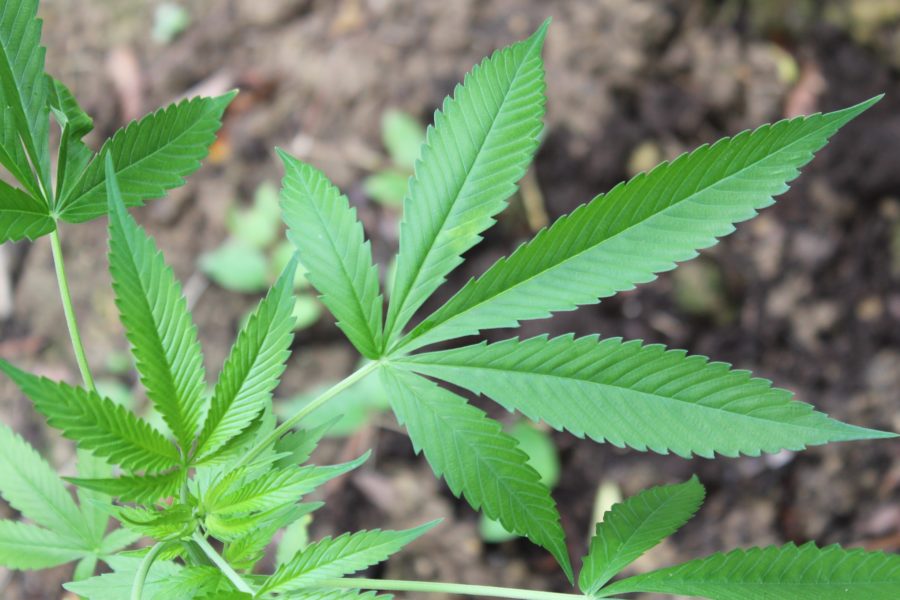Potential Airmen and Guardians who test positive for the high-producing compound in marijuana during their entrance physical may still be able to serve, thanks to a new test program announced by the Department of the Air Force on Sept. 28.
Under the two-year program, recruits who test positive for tetrahydrocannabinol, or THC, during their physical exam at the Military Entrance Processing Station will be allowed to re-test in 90 days if they get a waiver from their recruiter.
In order to be considered for a waiver, the recruit must have a high school diploma, a score of 50 or higher on the Armed Forces Qualification Test, no Category 1 or 2 moral violations, and otherwise be medically qualified for service, according to an Air Force release.
Once the recruit enlists, he or she must still follow the Uniform Code of Military Justice and DAF policies, which prohibit drug use.
Prior to this new program, any recruit who tested positive for THC was automatically barred from ever serving in the Air Force or Space Force. But in recent years, public attitudes—and laws—regarding cannabis have changed dramatically.
According to the National Conference of State Legislatures, 37 states, three territories, and the District of Columbia have laws allowing the use of medical marijuana, while 19 states, two territories and D.C. allow for recreational use as well.
With those changing laws, the Air Force’s policies also needed to adapt, Air Force Recruiting Service commander Maj. Gen. Edward W. Thomas Jr. told Air & Space Forces Magazine at AFA’s Air, Space & Cyber conference.
“This is … about being able to make smart determinations based on societal norms, laws today, and how to be able to have a process that better matches the laws in the country,” Thomas said.
However, Thomas emphasized that “drug use in the United States Air Force has no place” and warned that the new policy is not intended to be a free pass for recruits.
“What this is not about is those folks who were not honest with their recruiter, and they smoked marijuana, and then they went in the next day or the next week, they went to MEPS and they tested positive. That’s not who this is for,” Thomas said.
Instead, Thomas suggested the policy is intended to benefit potential Airmen and Guardians when recruiting commanders believe the positive test was “due to unintended exposure or the residual effects of THC in their system.”
Those who test positive won’t automatically be allowed to re-test. The waiver program simply “gives us more latitude,” Thomas said.
In that regard, the program is not unlike other recent policy changes the Air Force has made, like one giving Thomas and other recruiting leaders the authority to approve waivers for smaller hand tattoos.
The need for more flexibility in the recruiting process is due in part to a historically difficult environment that has seen all the military departments struggle to reach their recruiting goals. The Air Force, in particular, just barely reached its Active Duty goal for fiscal 2022 and fell short for the Guard and Reserve.
“A year or two ago, frankly, we could afford to lose people around the margins because of finger tattoos, because of certain medical conditions that we weren’t willing to take risk on,” Thomas acknowledged. “We are in an environment today that we have to be exceptionally smart in how we assess the risk and how we set our accession criteria.”
And when it comes to marijuana, the service is dealing with a recruiting population that is more likely than ever to have tried or regularly use cannabis, according to polls.
After the initial pilot program runs for two years, the department will analyze the data and determine whether to make the policy permanent.
